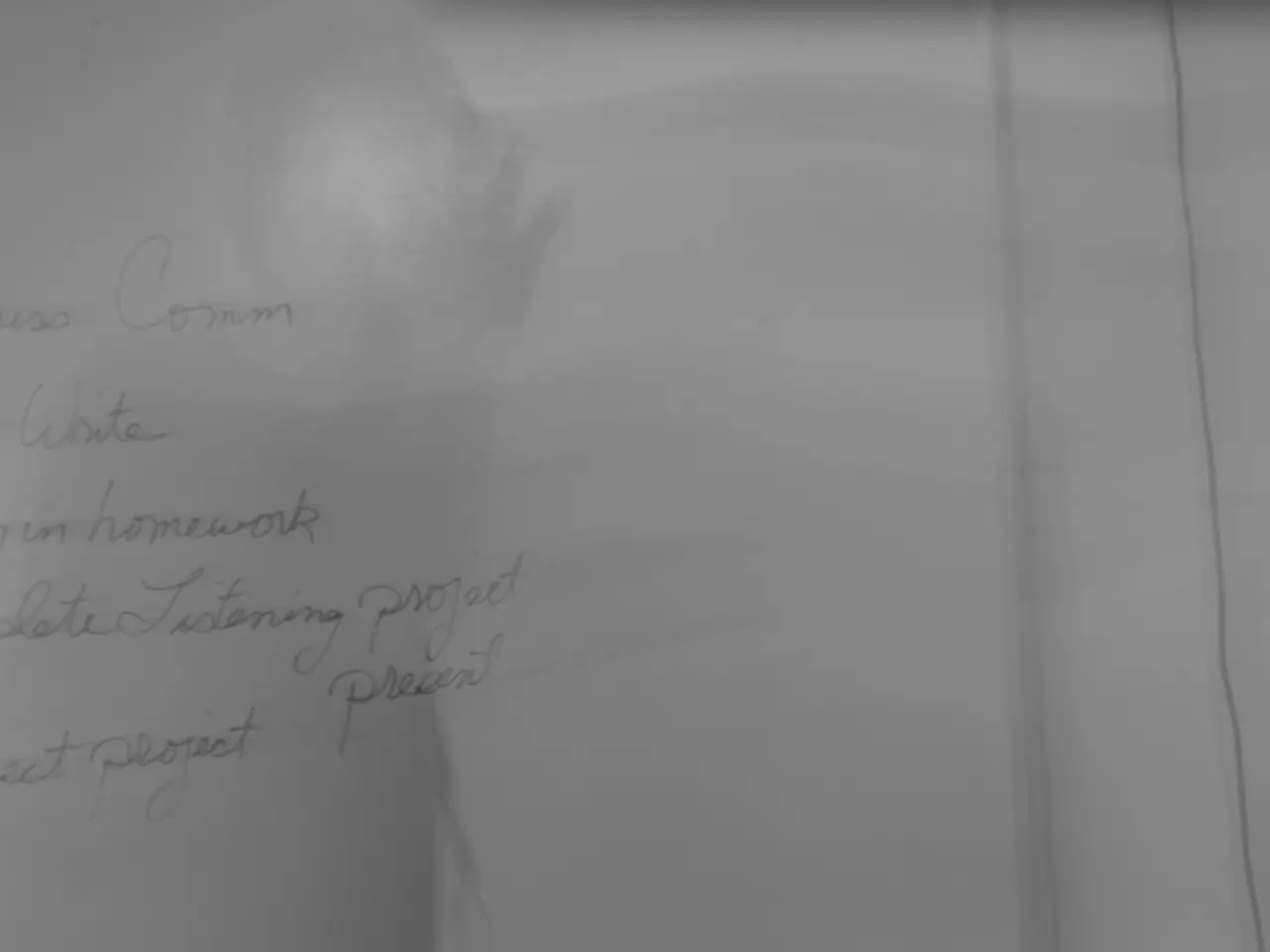Court verdict in graft case: suspended sentence for CSU individual
In a landmark corruption trial, a Munich court has found former German Bundestag member Eduard Lintner guilty of bribing public officials on behalf of Azerbaijan's authoritarian government. This verdict is connected to the "Azerbaijani Laundromat," a money-laundering and influence-peddling scheme exposed in 2017, where Azerbaijan’s ruling elite allegedly used a $2.9 billion slush fund to bribe European politicians and improve Azerbaijan’s international image despite its poor human rights record.
Lintner, who served as a Bundestag lawmaker for 33 years and was a delegate to the Parliamentary Assembly of the Council of Europe (PACE) until 2010, was found guilty of channeling payments to other politicians as bribes. Despite maintaining his innocence and claiming his efforts were legitimate lobbying with “honorable motives,” the court ruled otherwise.
The case focused on Azerbaijan’s covert attempts to influence the PACE, an important human rights body in Europe, by bribing members to present a more favorable perspective of Azerbaijan. Other politicians implicated in the wider scheme faced charges or delays in trials, highlighting the transnational nature of the corruption network.
Transparency International praised the verdict as a sign that justice is achievable in complex international corruption cases and urged other countries involved in the Azerbaijani Laundromat scheme to take action. The affair is part of broader efforts by Azerbaijan to buy influence and manipulate foreign opinion through money laundering and bribes involving politicians, journalists, and other influential figures.
The court assumed that Lintner was present at a crucial agreement between the CDU politician and the Azerbaijani side in a hotel in Strasbourg in the fall of 2014. The agreement between Lintner and the CDU politician was supposed to be valid indefinitely, until further notice. The court ordered the seizure of the money received by the CDU politician, and the presiding judge summarized that a member of parliament had been "bought."
Lintner admitted to forwarding Azerbaijani money payments to the CDU woman, who was to influence decisions in favor of Azerbaijan. Azerbaijan is accused of trying to influence decisions in the PACE through money payments, with the help of Eduard Lintner, a former CSU member of the German Bundestag.
Lintner was sentenced to nine months imprisonment, suspended, for bribery of officials. The court does not consider the charges against Lintner to be time-barred because the agreement continued to apply and the crucial meeting was in September. Lintner initially stated that he was not aware of any criminal offense, but saw his actions as normal lobbying.
The deputy chairwoman of the organization Transparency Germany, Margarete Bause, welcomed the verdict, stating that it is an important signal to protect democratic institutions and against strategic corruption. The verdict is significant as it holds one participant in the Azerbaijan affair accountable, threatening the corruptibility of mandate holders by autocratic states.
After the verdict, Lintner defended himself, stating that he practiced lobbying as it is practiced daily in parliaments. The court's verdict states that this was a case of classic vote-buying. The presiding judge's statement suggests that the CDU politician's actions were a case of classic vote-buying.
[1] The Guardian - Azerbaijan bribery scandal: German MP Eduard Lintner jailed [2] Deutsche Welle - German court convicts ex-MP Eduard Lintner in Azerbaijan corruption case [3] Transparency International - Azerbaijan Laundromat [4] BBC News - Azerbaijan: The country at the heart of a money-laundering scandal [5] Transparency International - Azerbaijan Laundromat: a landmark moment for transnational corruption cases
- The verdict against German former Bundestag member Eduard Lintner for bribing public officials shows that even politicians involved in general-news topics like politics and crime-and-justice can fall prey to corruption, as seen in the Azerbaijani Laundromat scandal.
- Despite the transnational scope of the Azerbaijani Laundromat, where leaders allegedly laundered money and bribed European politicians, the recent conviction of Eduard Lintner serves as a reminder that the courts are actively pursuing justice in general-news and crime-and-justice cases.






